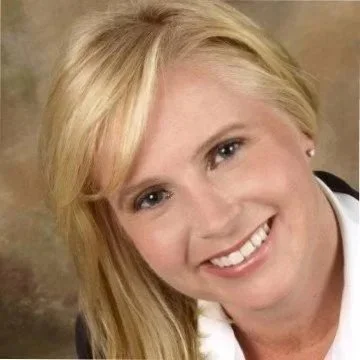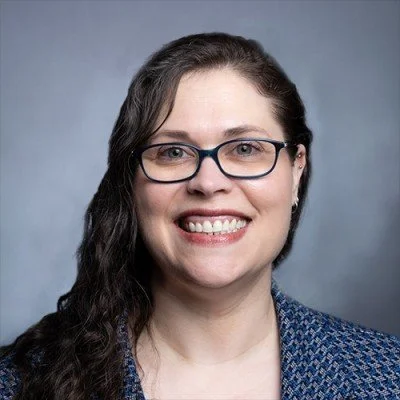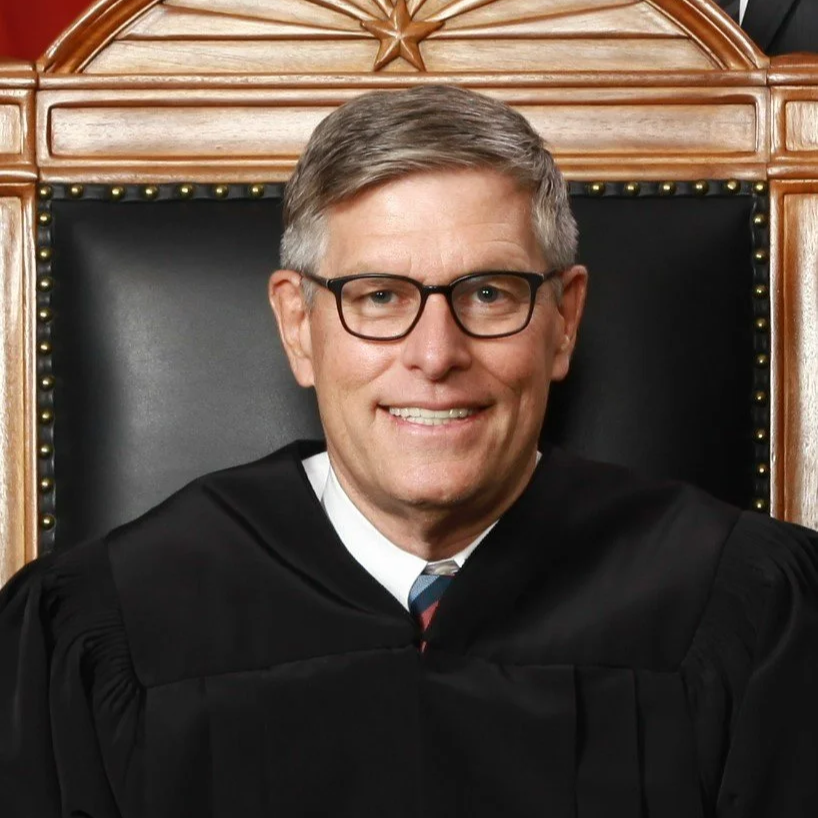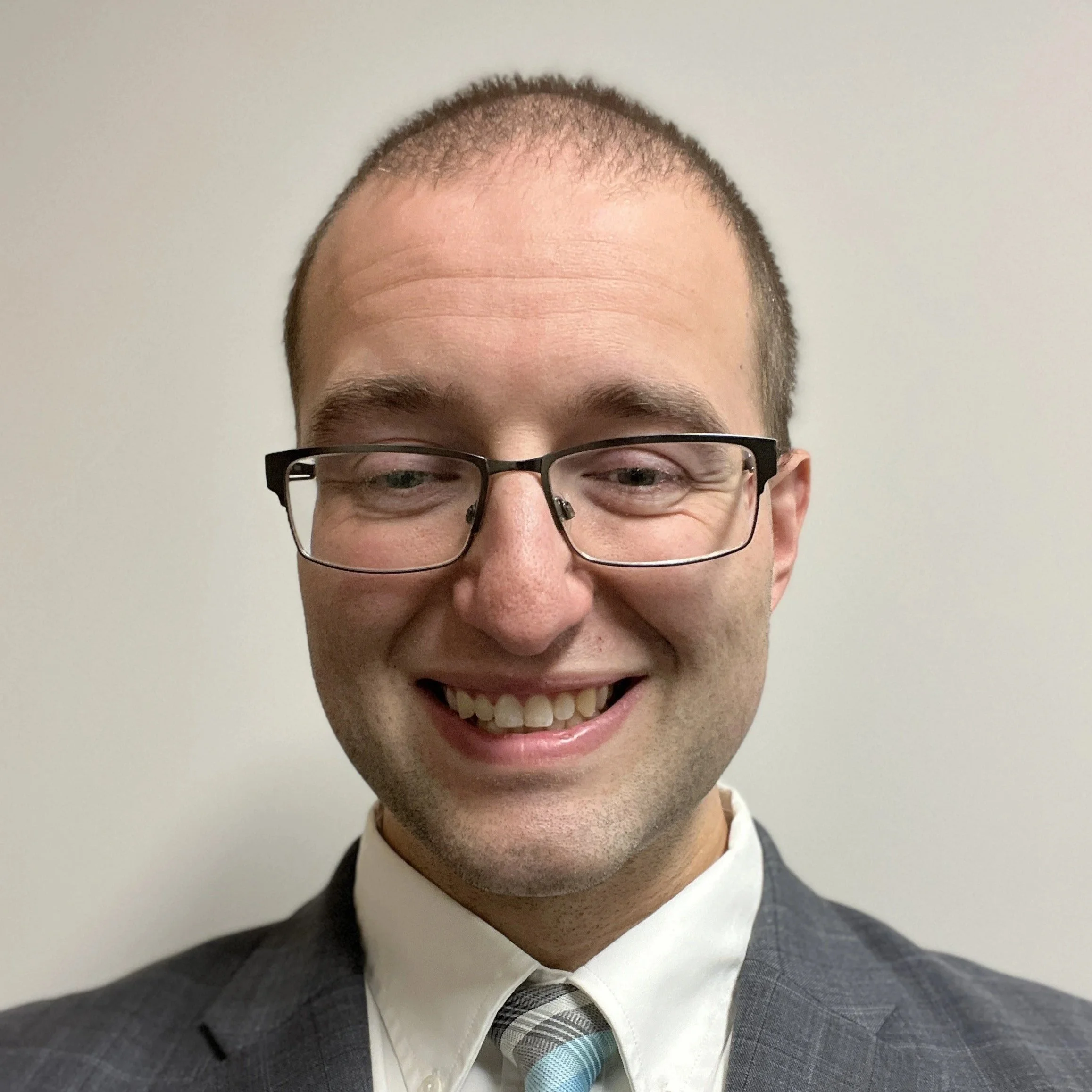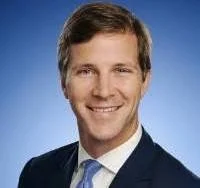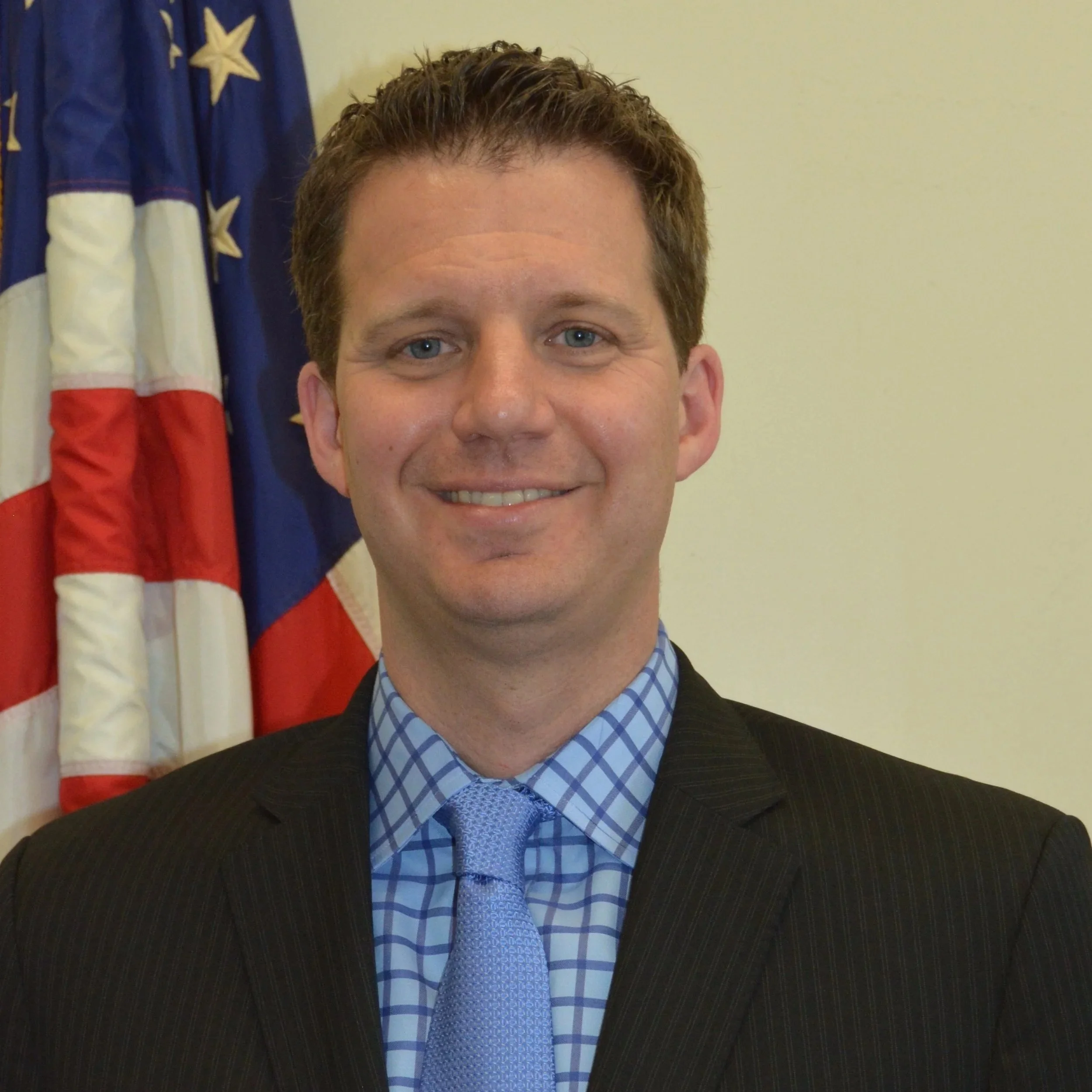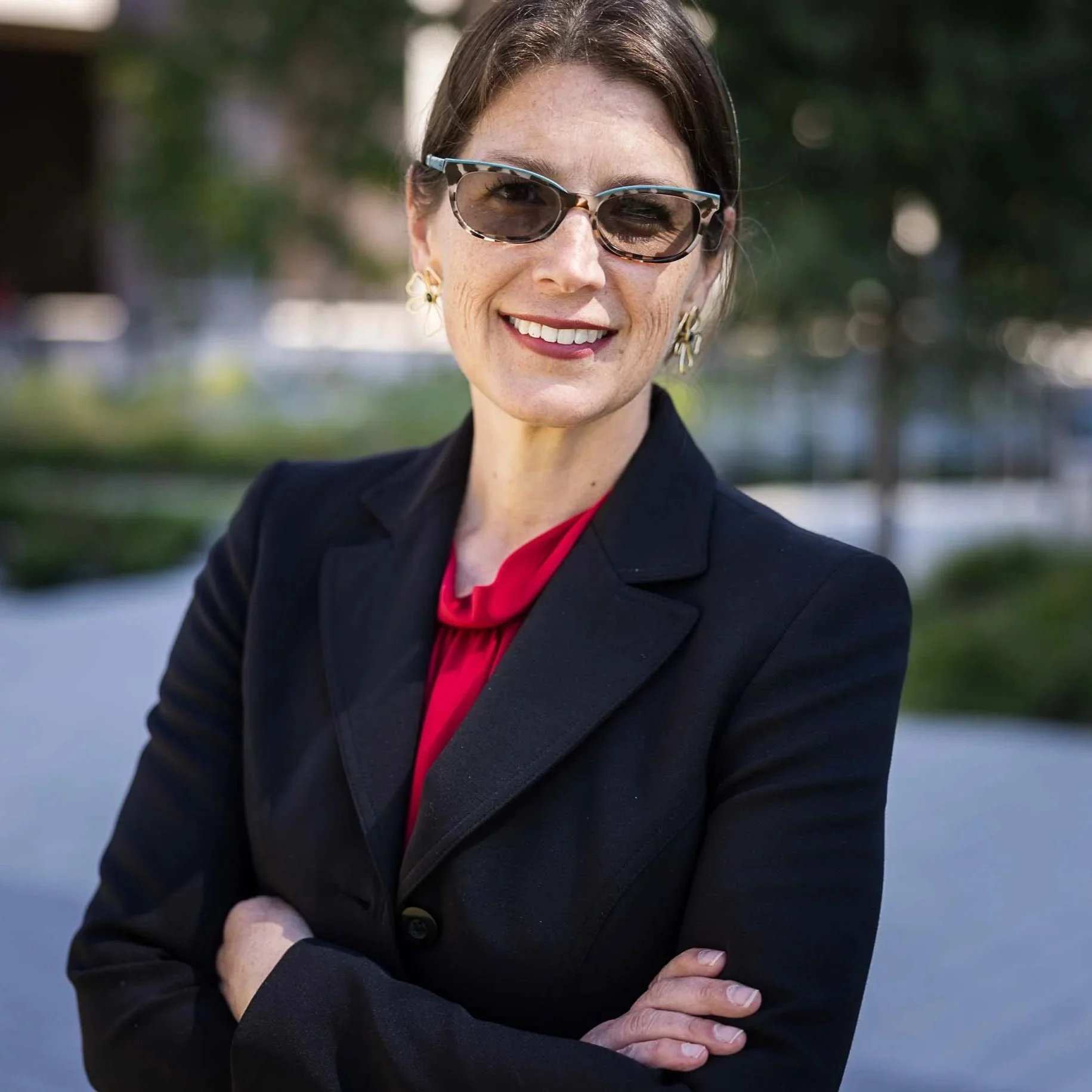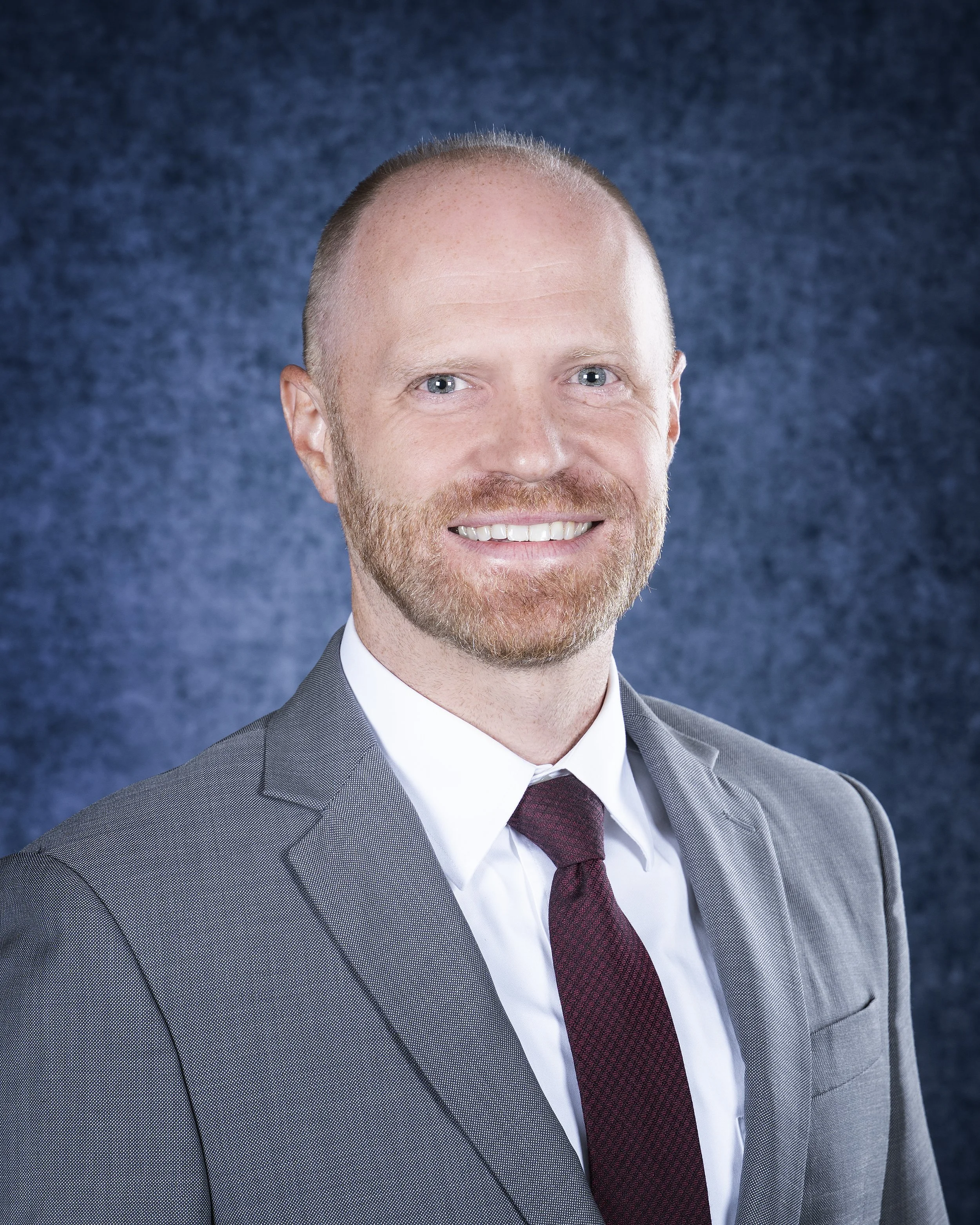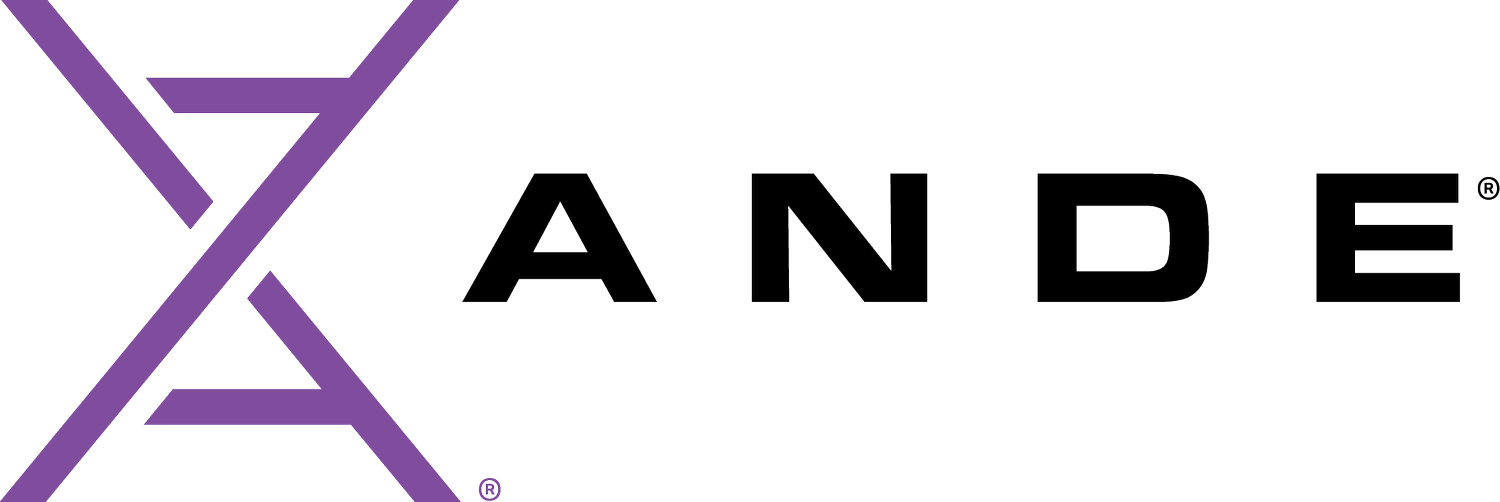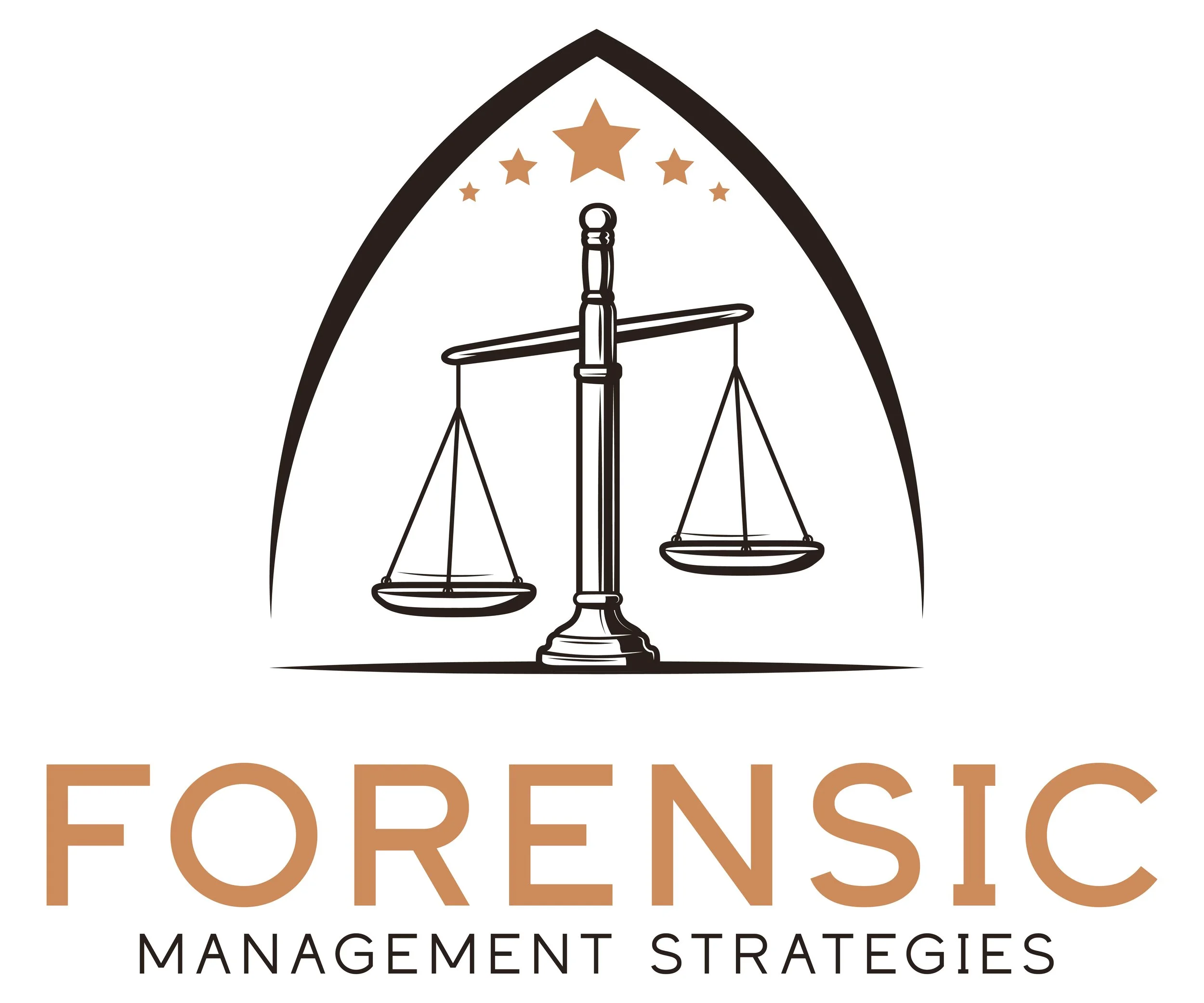Connecticut State Spotlight
Peter Valentin, Associate Professor and Chair of the Forensic Science Department at the University of New Haven’s Henry C. Lee College of Criminal Justice and Forensic Sciences
Jessica Gleba, Director of Forensic Laboratory Operations at the State of Connecticut Department of Emergency Services and Public Protection, Division of Scientific Services in Meriden, CT.
Independent Audit Report on the Maryland OCME's handling of Restraint-Related Death Investigations
Speaker: Jeff Kukucka, Associate Professor of Psychology at Towson University
Following the trial of Officer Derek Chauvin for the murder of George Floyd, medical experts raised concerns over the reliability of in-custody death investigations at Maryland's Office of the Chief Medical Examiner (OCME). In response, a team of experts in forensic medicine and social science meticulously designed and executed a groundbreaking independent audit of restraint-related deaths in Maryland. In this session, Dr. Jeff Kukucka -- a leading expert on cognitive bias in forensic decision-making who oversaw the audit -- will explain in detail the audit's procedure and findings, which revealed troubling patterns of systemic deficiencies, questionable determinations, and possible bias. He will also discuss the audit's implications and recommendations for strengthening death investigation practices to ensure scientific rigor, transparency, and justice.
Forensic Science Oversight Boards for Forensic Pathology
Speaker: Ann Marie Mires, Co-chair Criminal Justice and Forensic Criminology program and adjunct professor at Anna Maria College
The Massachusetts Forensic Science Oversight Board has received two complaints related to the Office of the Chief Medical Examiner but is uncertain whether they fall within its jurisdiction, as the OCME is overseen by the Medical-Legal Commission. Moderated by Dr. Ann Marie Mires, this panel will examine how different states handle such jurisdictional gray areas, focusing on strategies to ensure scientific accountability in medico-legal investigations when oversight responsibilities are unclear.
Strategic Funding for Forensic Science: Navigating Appropriations, Account Structures, and Financial Partnerships
Speaker: Beth Lavach, Director of Government Relations, Consortium of Forensic Science Organizations
In an era where forensic science plays a pivotal role in public safety and criminal justice, sustainable funding is more than a budgetary concern it's a pivotal part of your FSSP strategy. This session will explore the importance of understanding your state and local funding landscape, the distinctions between sum certain and sum sufficient appropriations, and how these structures can directly impact forensic operations, staffing, innovation, and case turnaround times. Participants will gain insight into how being informed and proactive about funding mechanisms can enhance decision-making, support long-term planning, and improve the credibility of budget requests. The session will also highlight the critical role of cultivating productive relationships with state finance departments to ensure forensic priorities are communicated clearly and effectively during budget cycles. Whether you’re leading a lab, managing a unit, advocating for policy change, understanding the nuances of your funding structure can strengthen your impact and ensure the resilience of your forensic operations. Boards and committees play a crucial role in assisting their FSSPs, but they too may need to get the landscape of funding under their belt to assist in advocacy and legislative changes.
Aiding Small Forensic Service Providers
Speakers: Laura Combs, Associate Professor of Forensic Science at the University of New Haven
Constance Dinkel, Chief, Suffolk County Crime Laboratory
Britton Morin, Laboratory Director, Union County Prosecutor's Office Forensic Laboratory
This panel would be focused on the unique considerations of smaller/less resourced laboratories that operate as a forensic service provider to their leadership - medical examiners, police departments, and sheriff's offices. Understanding the complex resource allocation and policy approval networks faced by laboratory leadership at this level will give board members insight to regarding their operations to assist their advisory and governance work.
Legal Standards: Smith v. Arizona
Speakers: Jon Eliason, Division Chief of Homicide, Maricopa County Attorney's Office
Kent Cattani, Judge Arizona Appeals Court
Mike Varone, Forensic Services Staff Counsel, Massachusetts State Police Crime Laboratory
Dave Pollock, Staff attorney in the DNA Unit of The Legal Aid Society of New York City
Join us for a timely and in-depth panel on Smith V. Arizona, the recent U.S. Supreme Court decision that redefines the boundaries of forensic testimony and the Confrontation Clause. This session will bring together legal scholars, forensic science leaders, and practicing attorneys to examine the implications of the ruling for crime lab operations, expert witness protocols, and defendant rights. Panelists will explore how Smith shifts the standards for surrogate testimony, affects lab report admissibility, and may prompt changes in both courtroom practice and forensic lab policies nationwide. Attendees will gain practical insights into how to ensure compliance while maintaining scientific integrity and trial fairness.
Firearms and Toolmark Initiatives
Speakers: John Maciulla, Crime Laboratory Manager at the Arizona Department of Public Safety’s Southern Regional Crime Laboratory
Henry Swofford, Lead Scientist, Forensic Science Research Program NIST
This panel will explore recent advancements in firearms and toolmark (FATM) comparison, with a focus on strengthening quality assurance and validation, improving the way the reliability of FATM evidence is reported and communicated to legal end-users. Discussion will highlight the creation of the new ad-hoc Firearms and Toolmark Examination FATM Procedural Support Committee, which is dedicated to supporting accreditation practices across the FATM community. In addition, updates will be shared on NIST’s development of guiding principles for method validation and its collaboration with the Texas Forensic Science Commission to put these principles into practice by FATM laboratories. Together, this panel will discuss how the firearms and toolmark community is addressing the rapidly evolving framework for examination standards and broader improvements to enhance the reliability and validity of forensic work
Opinion Standards for Pattern Evidence
Speakers: John Paul Jones II, Program Manager, Forensic Science Standards Special Programs NIST
Peter Valentin, Associate Professor and Chair of the Forensic Science Department at the University of New Haven’s Henry C. Lee College of Criminal Justice and Forensic Sciences
ISO Technical Committee 272 has developed draft standards that include requirements relating to qualitative opinions and the use of opinion scales. This panel will discuss the background of pattern evidence evaluative standards using bloodstain pattern evidence as a specific example.
Facilitating Transparency through Collaboration and Psychological Safety: The Role of Forensic Science Boards
Speakers: Amy Watroba, Executive Director of the Illinois Forensic Science Commission
Lynn Garcia, General Counsel at Texas Forensic Science Commission
Leigh Tomlin, Associate General Counsel at Texas Forensic Science Commission
Rana Dellarocco, Chief of Science and Evidence, Baltimore Police Department
Moderated by Sarah Chu of NAFSB. This panel explores how Forensic Science Boards (FSBs) can foster the conditions necessary for meaningful transparency in forensic science, not through authority or mandates, but through the cultivation of collaboration, trust, and psychological safety. Drawing on the diverse experiences of leaders from multiple jurisdictions, the session highlights practical strategies that enable voluntary self-disclosure, public reporting, and open communication. Panelists will share how they promoted transparency within their systems, including:
Illinois FSC development of a state nonconformance report
Texas FSC efforts to build trust with laboratories, facilitate a robust self-disclosure process, and publish Quality Incident Reports (QIRs) with laboratory cooperation.
Research on harassment and bullying in forensic science workplaces and examining how organizational culture affects willingness to disclose errors or misconduct.
Together, these perspectives demonstrate how FSBs can act as catalysts for cultural change—creating supportive environments where transparency is not just possible, but sustainable.
Establishment of Commission or Board
Speakers: Janis Puracal, Executive Director of the Forensic Justice Project
Tamar Lerer, Appellate Public Defender Specializing in Forensic Science New Jersey Public Defender Office
Jason Timmerman, Director, Legal and Regulatory Compliance, NJ Office of the Chief State Medical Examiner
The concept of an independent commission/advisory board is growing across the country, but some states have yet to establish anything similar. This presentation will discuss the challenges stakeholders may face when trying to establish a commission/board and ideas for how to address those challenges. The presentation will specifically include time for attendees to engage in sharing ideas for how established commissions/boards can support those states that are struggling to make progress.
Artificial Intelligence in Forensic Science: Lessons Learned
Speakers: Amy Watroba, Executive Director Illinois Forensic Science Commission
Dan Katz, Director of Forensic Science Division, State of Maryland
This panel will explore the rapidly expanding role and limitations of artificial intelligence (AI) in forensic science, from automating evidence analysis to enhancing investigative decision-making. Panelists will examine current applications —such as AI-driven pattern recognition in fingerprints, digital forensics, and image enhancement—while addressing the ethical, legal, and technical challenges that accompany their adoption. Discussion will include strategies for ensuring transparency, minimizing bias, and maintaining scientific validity in AI-assisted processes, as well as the implications for accreditation, courtroom admissibility, and oversight. Attendees will gain insight into how forensic science boards can proactively evaluate and guide the integration of AI to improve efficiency and accuracy without compromising the integrity of the justice system.
Agenda and Sessions:
October 20-21, 2025, at the University of New Haven, CT
Special thanks to our Gold Sponsor ANDE and our Silver Sponsor Forensic Managment Strategies for supporting NAFSB this year.
Forensic Investigative Genetic Genealogy
Speaker: Claire Glynn, Director of Graduate Certificate in Forensic Genetic Genealogy, Assistant Director of Henry C. Lee College of Criminal Justice and Forensic Sciences
This presentation will discuss the current practice of Forensic Investigative Genetic Genealogy (FIGG) in the US and internationally, including the current number of cases and common challenges. The overall workflow of FIGG, best practices and guidelines for implementing FIGG in public agencies, and current legal frameworks will be discussed. The need for robust training and education in FIGG, including comprehensive documentation and reporting of FIGG will be highlighted.
Advancing Forensic Science: Reform, Quality and Transparency
Speaker: Lance Allen, Deputy Director of Forensic Services, Colorado Bureau of Investigation
Kermit Channell, President of the National Association of Forensic Science Boards and retired Executive Director of the Arkansas State Crime Laboratory
This speaker will share actionable strategies for enhancing forensic science systems nationwide. The session will highlight leadership approaches and policy innovations that promote quality assurance, operational transparency, and accountability in state crime laboratories. Attendees will gain practical insights into guiding reform efforts and implementing sustainable improvements in forensic service delivery.
Launching Rapid DNA: Lessons Learned from the Frontlines
Speakers: Laura Sudkamp, Forensic Consultant of Forensic Management Strategies, Retired Lab Director Kentucky State Police
Jennifer Kochanski, Scientific Analysis Administrator
Arizona Department of Public Safety
Cheryl Carreiro, Deputy Director of Forensic Biology/DNA Technical Operations, Connecticut Division of Scientific Services
Brandon Letts, Research Specialist, Texas DPS Crime Laboratory
This session explores the strategic drivers, technical frameworks, and real-world outcomes of implementing RAPID DNA technology across diverse state contexts. From arrestee identification and disaster response to missing persons investigations, RAPID DNA offers transformative potential—but its success hinges on thoughtful planning and collaboration.
Key Topics:
Drivers for Adoption: Rapid identification needs in law enforcement, emergency response, and humanitarian efforts.
Getting Started: Leadership roles (law enforcement, labs, policymakers), stakeholder engagement, and funding pathways.
Technical & Legal Frameworks: Infrastructure setup, CODIS integration, FBI compliance, and privacy safeguards.
Overcoming Roadblocks: Procurement hurdles, training needs, public trust, and IT interoperability.
Interactive Segment: Participants are invited to share questions and implementation challenges unique to their jurisdictions, fostering peer learning and tailored guidance.





